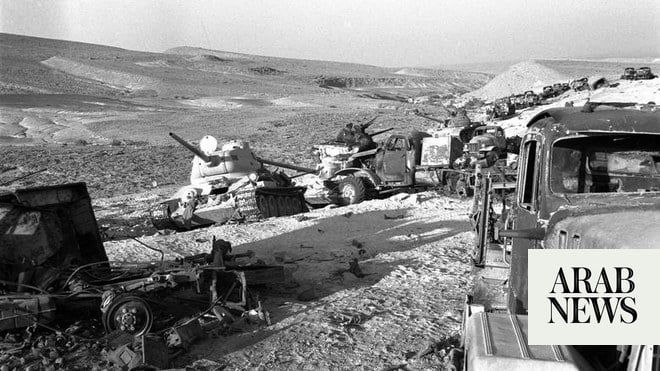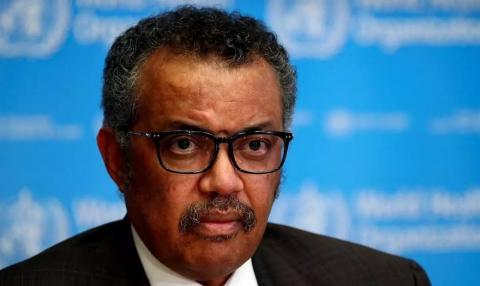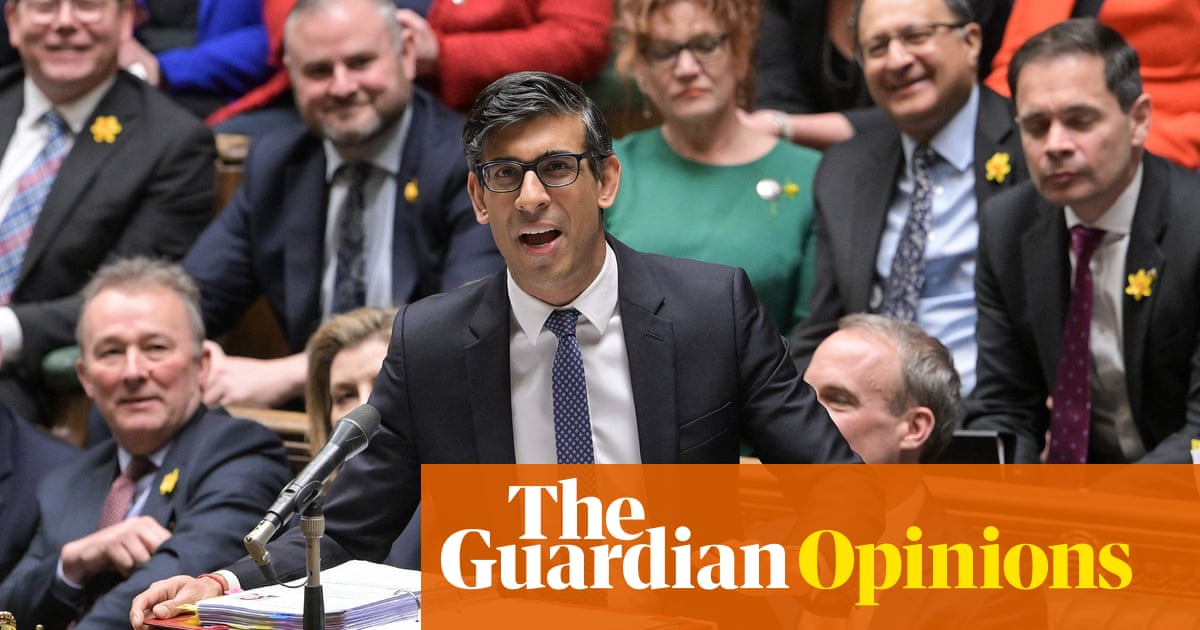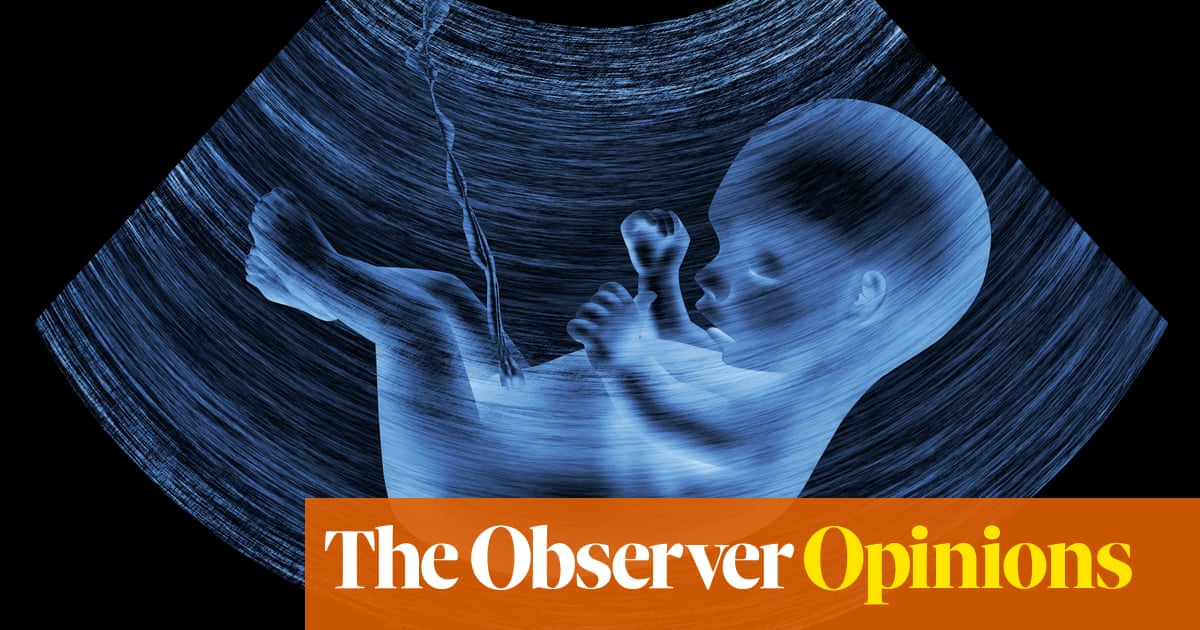
Arab foreign ministers held a meeting in Jordan to follow up on the repercussions of US President Donald Trump’s decision to recognize Jerusalem as Israels capital and move US embassy to the city.
Jordanian authorities confirmed after the talks the centrality of Jerusalem as a fundamental issue for Arabs and both Muslims and Christians, and that it is the key to peace in the region.
On Saturday, King of Jordan Abdullah II received at al-Husseiniyeh Palace foreign ministers of Egypt Sameh Shoukri, Palestine Riyad al-Malki, Saudi Arabia Adel al-Jubeir and Morocco Nasser Bourita, as well as UAE Minister of State for Foreign Affairs, Dr. Anwar Gargash, and Arab League Secretary General Ahmed Abul Gheit, according to the Petra News Agency.
King Abdullah underlined the need to increase efforts and coordinate Arab positions to support the Palestinians in safeguarding their solid historic and legal rights in the city of Jerusalem and their quest to set up their independent state with East Jerusalem as its capital.
The King added that the issue of Jerusalem should be settled within the framework of a final settlement and a permanent peace agreement between Palestinians and Israelis based on the two-state solution and according to international legitimacy resolutions and the 2002 Arab Peace initiative.
He emphasized the importance of supporting the steadfastness of Jerusalemites and safeguarding the Arab identity of Jerusalem and Islamic and Christian holy sites in the city, and the need to build on the international consensus regarding the legal status of Jerusalem, reported Petra.
The King reiterated that Jordan will exert the greatest efforts to uphold its religious and historic responsibility to protect the holy places.
Later, Jordanian Foreign Minister Ayman al-Safadi held a joint press conference with Abul Gheit during which he said that the ministers are working on forming a delegation to work with the international community to limit the negative consequences of the US Jerusalem move, and highlight its dangers given the national, historical and religious importance of Jerusalem to Muslims and Christians.
Safadi indicated: "Our position as an Arab League and Arab countries regarding this resolution is clear, that it constitutes a violation of international law and legitimacy and has no legal effect. Arab countries will work in this regard. This is a clear and unanimous stance for Arab states that Jerusalem is an Arab, Islamic and Christian priority, and this is the aim of the meeting today and we came to study how to implement the mandate."
King Abdullah emphasized on the centrality of Jerusalem as a fundamental issue for Arabs, Muslims and Christians, and that it is the key to peace in the region, he continued.
There will be no stability and security in the region without a solution that guarantees the establishment of an independent Palestinian state on pre-June 4, 1967 borders with East Jerusalem as its capital, added the minister.
“We will confront the decision by seeking a (UN) resolution, an international one, to recognize a Palestinian state on 1967 borders with Jerusalem as its capital,” said Safadi according to Agence France Presse.
For his part, Abul Gheit said that the purpose of Saturday’s meeting was very helpful and another one will be held at the end of this month.
He stressed that the ministerial meeting would also discuss Washington’s role in future Arab-Israeli peacemaking that members states said was now jeopardized by what they see as US bias towards Israel.












